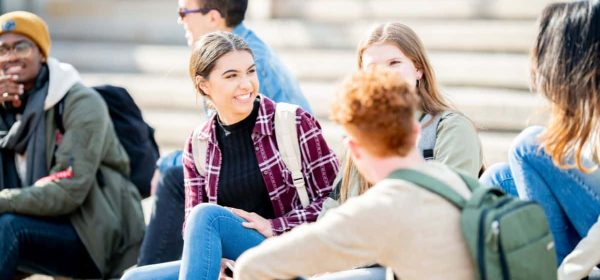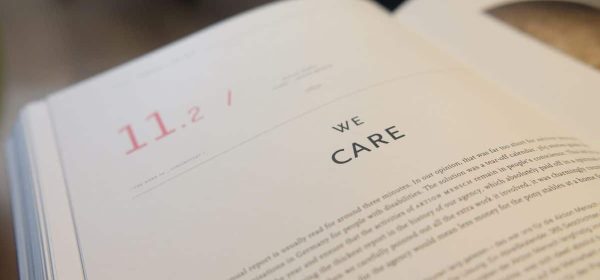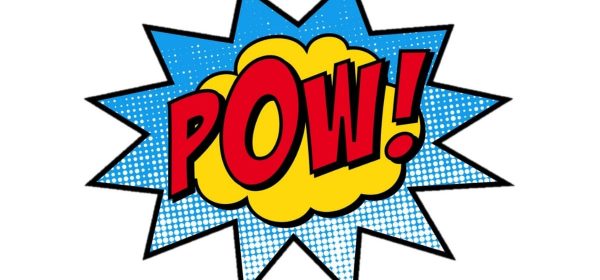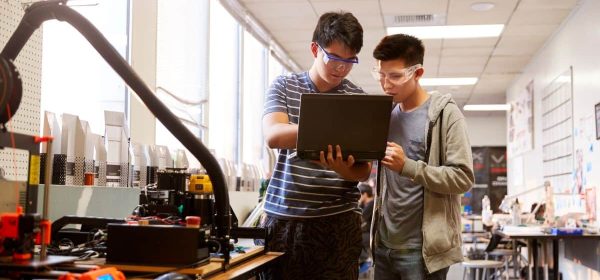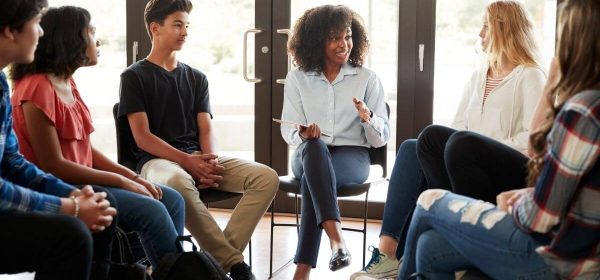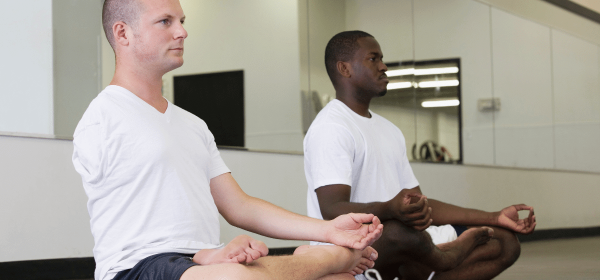
Self-Care And Kindness
Kindness is not a topic that is often discussed in higher education, but the concept is one that goes to the heart of the learning experiences we want for our students. Kindness is about building an educator-student relationship that is founded on trust. It is not about being nice or about shying away from learning moments that require us to challenge students or draw on feelings of discomfort. It is about creating safe spaces founded on mutual respect and seeing the positive intentions in students first and foremost. In this section, we also look at how we can be kinder to ourselves so that we can care for our students.
Strategies for Wellness and Burnout Mitigation
Despite performing heroic teaching acts every day, teachers are not superhuman. If we don’t proactively build in wellness practices, including showing compassion to ourselves, and strategically avoiding burnout, we can quickly find our energy zapped and our reserves emptied. Therefore, as educators, it’s important to prioritise our own wellness, in addition to supporting the wellbeing of our students.
Get started
Fostering Emotional Intelligence
Emotions can become powerful tools for effective learning. Emotions can enhance connections to content, influence student persistence, and encourage engagement with content. What’s more, emotions can enhance connection and create opportunities for community-building. For a specific example of the power of emotion, check out our webinar recording on promoting growth-minded students, to learn how to maximise the potential of perseverance and positivity.
Get started
Trauma-Informed Pedagogy
Modern students – and educators – bring with them histories and lived experiences that can impact their learning. When we proactively recognise our shared humanity, we create pedagogical possibilities. How do we take on such a big task, in manageable and meaningful ways? Try starting with the ‘Trauma-Informed Pedagogy & How Is Your Heart?’ video discussion and then check out Karen Costa’s Trauma Aware Teaching Checklist.
Get started
Mindful Moments: Meditations and Stress-Relief Practices
One way that we can promote our own well-being, and that of our students, is to engage in practices that focus on the holistic human—not just the teacher and learner. Sometimes, it might help to take a break, to check in with ourselves. Other times, we might benefit from building boundaries. Giving ourselves the time and space to support these practices, and implement these intentions, helps us heal the body and mind, with the added benefit of enhancing our pedagogy.


